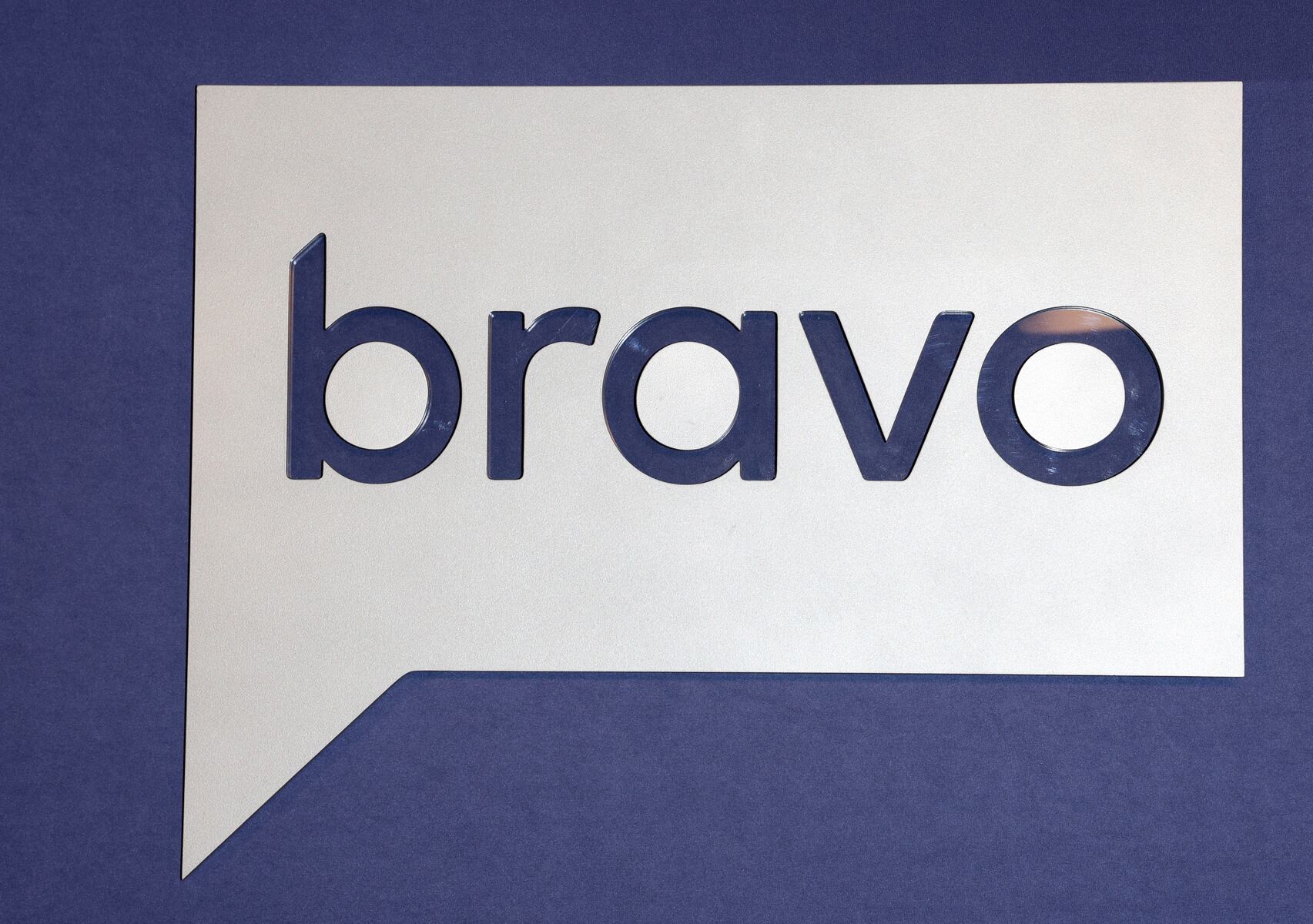UPDATE: A shocking new report reveals that the median age of first-time homebuyers in the U.S. has surged to an all-time high of 40 years, a drastic increase from 33 just two years ago. The latest data from the National Association of Realtors (NAR) indicates that this alarming trend is a direct result of escalating affordability pressures, effectively pushing young individuals out of the housing market.
With only 21% of home sales attributed to first-time buyers, the market is witnessing a historic low. This figure has plummeted from an average of around 40% prior to the 2008 financial crisis. “The implications for the housing market are staggering,” warns Jessica Lautz, NAR’s deputy chief economist. She emphasizes that today’s first-time buyers are accumulating less housing wealth, potentially leading to fewer moves over their lifetimes.
As the housing market becomes increasingly characterized by inequality, Lautz describes it as “a tale of two cities.” Buyers with substantial equity are able to make larger down payments and all-cash offers, while first-time buyers continue to face daunting barriers to entry. This growing divide is contributing to a troubling sentiment among younger generations: fewer than 4 in 10 adults under 30 believe the American dream of homeownership is still attainable, in stark contrast to nearly 70% of those over 65, according to Pew Research.
The report warns that delaying homeownership until age 40 instead of 30 could cost buyers approximately $150,000 in equity on a typical starter home. “We must focus on policies that address the root cause of the affordability crisis: inadequate housing supply,” states Shannon McGahn, NAR’s executive vice president and chief advocacy officer.
The 2025 housing market is further complicated by high rents and student loan debt, making it increasingly challenging for young adults to save for down payments. The median down payment has risen to 19%, the highest level in decades. Additionally, all-cash purchases have reached a record 26%, highlighting the dominance of repeat buyers who can leverage equity from previous sales to bypass rising mortgage rates.
For many first-time buyers, personal savings remain the most common source of down payment funds, with 59% relying on their own savings. However, more than one in five buyers received assistance from relatives or friends through gifts or loans.
Another striking statistic from the report reveals that the proportion of buyers with children under 18 has fallen to a historic low of just 24%, compared to 58% in 1985. The NAR report is based on survey data covering transactions from July 2024 to June 2025 and underscores the urgent need for reforms in the housing sector.
As this crisis continues to unfold, the focus remains on how policymakers will respond to the growing challenges faced by first-time homebuyers. The future of homeownership for younger generations hangs in the balance.







